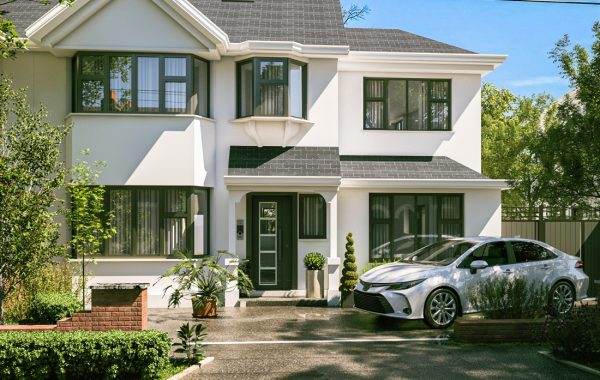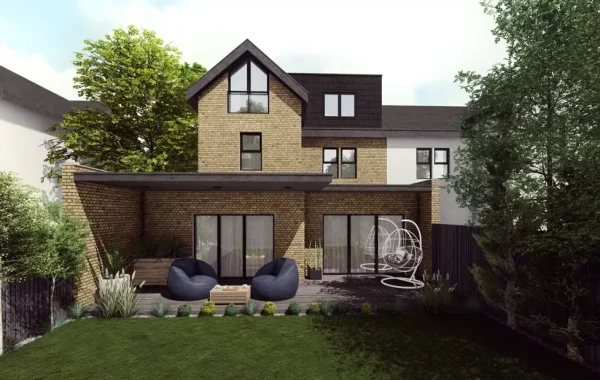If you’re considering expanding your living space and improving your home’s value, a residential extension may be the perfect solution. However, planning and designing a successful extension can be challenging without the help of experienced professionals. That’s where residential extension architects come in – these experts can help you create a stunning and functional extension that meets your needs and fits seamlessly with your existing home.
What are residential extension architects?
Residential extension architects are professionals who specialize in designing and overseeing the construction of home extensions. They have the knowledge and expertise to create plans that maximize your living space, while ensuring that the extension integrates seamlessly with the existing structure. They work closely with homeowners to understand their needs and preferences, and then create detailed plans that meet those requirements while complying with local building codes and regulations.
Why hire a residential extension architect?
There are many benefits to hiring a residential extension architect. For one, they can help you create a beautiful and functional extension that adds value to your home. They can also help you save money in the long run by ensuring that the extension is built to last and meets all necessary safety standards. Additionally, they can help you navigate the often-complex process of obtaining building permits and complying with local building codes and regulations.
What types of home extensions are there?
There are many different types of home extensions, each with its own unique benefits and considerations. Some of the most popular types of home extensions include:
- Single storey extensions: These are extensions that add an extra room or rooms to the ground floor of your home. They’re a popular choice for homeowners who need more living space but don’t want to sacrifice outdoor space.
- Double storey extensions: These extensions add an extra level to your home, effectively doubling the amount of living space available. They’re a good option for homeowners who need a lot of extra space and have enough outdoor space to accommodate a larger extension.
- Wrap around extensions: These extensions wrap around the side and rear of your home, adding extra space and creating a more open and spacious feel. They’re a popular choice for homeowners who want to create a more open-plan living area.
- Conservatories: These are glass-walled extensions that provide extra living space and bring in lots of natural light. They’re a popular choice for homeowners who want to create a bright and airy space for relaxing or entertaining.
- Orangeries: Similar to conservatories, orangeries are extensions with brick or stone walls and a glass roof. They’re a good option for homeowners who want a more traditional look and feel for their extension.
What should you consider when planning a home extension?
There are many factors to consider when planning a home extension. Some of the most important things to think about include:
- Your budget: How much are you willing to spend on your extension?
- Your needs: What do you need the extra space for? Will it be a new bedroom, a home office, or a larger kitchen?
- Your existing space: How will the extension fit in with your existing home? Will it be a seamless addition or will it look out of place?
- Building codes and regulations: Are there any local building codes or regulations that you need to be aware of? Will you need to obtain any permits or approvals before construction can begin?
- Your timeline: How long do you want the construction process to take? Will you need to make any temporary living arrangements while the extension is being built?
How can a residential extension architect help with the planning process?
A residential extension architect can help with every aspect of the planning process, from the initial design phase to obtaining building permits and overseeing construction. They can work with you to create a detailed plan that meets your needs and preferences, while ensuring that the extension is built to last and complies with all necessary regulations. They can also help you select materials





